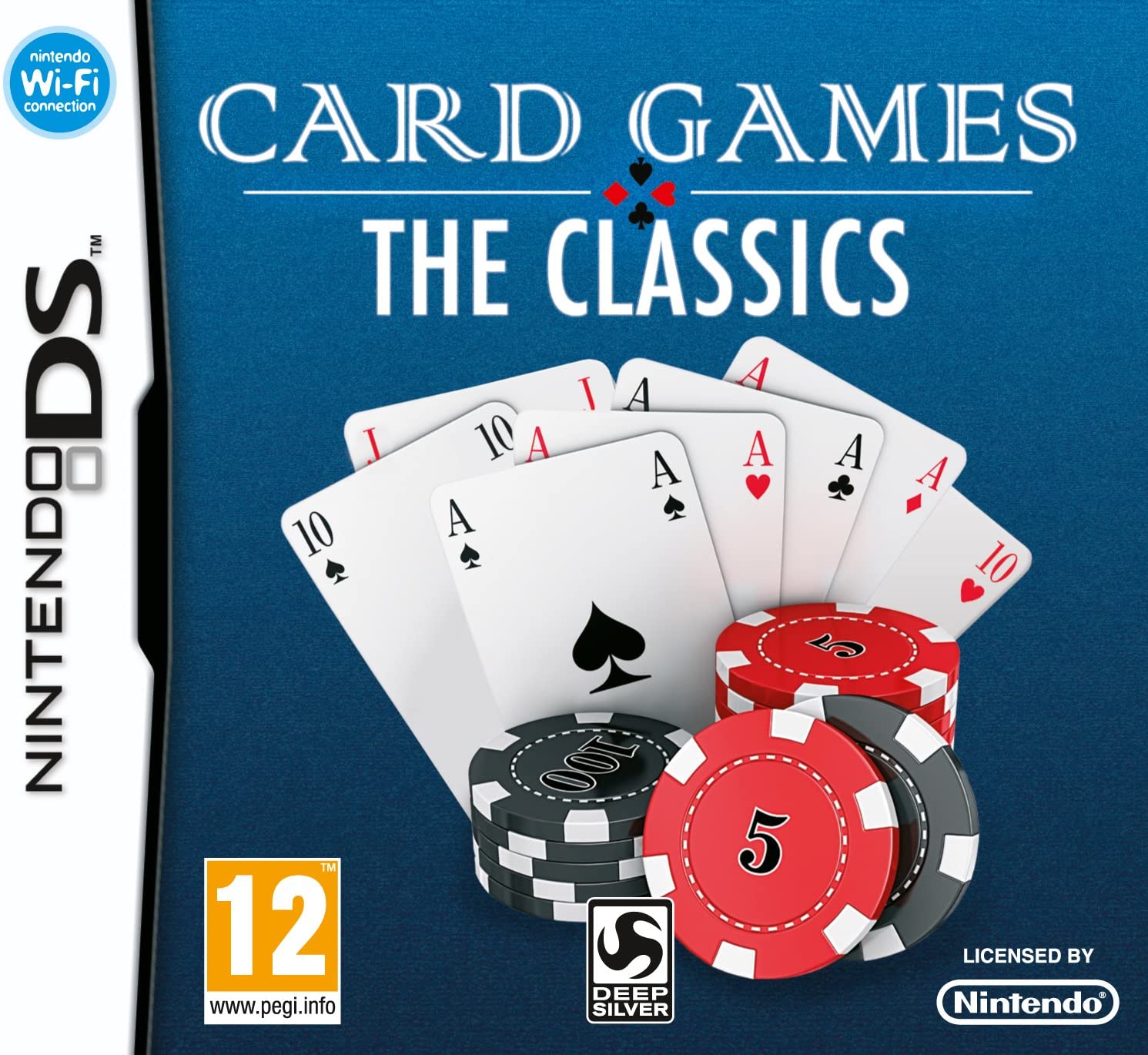

BIG FISH GIN RUMMY SOFTWARE
Randy Rasa's has reviews of many rummy software packages and on-line servers, as well as rules for various rummy games. This includes Gin Rummy, 500 Rummy, Oklahoma Rummy, Michigan Rummy, Boat House Rummy, Pinochle Rummy, Kaluki, Round the Corner Rummy, One Meld Rummy, Wild Card Rummy and Indian Rummy. Special K Software has software to play many of the games in the Rummy family. Burraco (Italy), Buraco (Brazil) and Burako (Argentina)Īt Game Duell you can play Rommé (German) or Rami (French) online for fun or real money: they offer a variant using two decks and 6 jokers, in which a player's first meld must be worth at least 40 points.This is a particular type of Meld Scoring Rummy with special bonuses for melds of seven cards, known as Canastas. Romanian Tile Rummy (played with numbered tiles).Okey 101, a Turkish game played with numbered tiles.5000 Rummy (a North American game with many alternative names, in which players are dealt different numbers of cards, determined by the first card each receives).500 Rum and Mah Jong are games of this type. There is still an advantage in going out, but it is also necessary to consider gaining points by making valuable melds. In this type of game positive points are scored for melds. Examples of this type are Gin Rummy and Tonk. If you are right you win, but if another player can do better you are penalised. You go out when you think that the value of your unmatched cards (deadwood) is less than that of the other players. In these games, you do not necessarily have to form all your cards into sets to go out. Carousel / Vatikan / Shanghai / Manipulation / Machiavelli.The distinctive feature of these games is that when melding, you are also allowed to rearrange the existing melds on the table to form new melds incorporating cards you add from your hand. Caribbean Kalooki, South African KalookieĪgain the aim is to get rid of all your cards by melding them.Contract Rummy / May I? / Shanghai Rummy / Progressive Rummy.
BIG FISH GIN RUMMY SERIES
Generally, the contract becomes more difficult through a series of deals. The object is the same as in Basic Rummy, but in each deal, each player's first meld has to conform to a pre-determined contract.

The alternative is to turn over the next card from the stock and place it on top of the discard pile to be used in the same way. A player can take the last discard only by immediately using it in a meld, which is exposed on the table. Cards drawn from the stock or taken from the discard pile are never added to a player's hand. However, the draw and discard mechanism is somewhat different. In this group of games, which are ancestral to all western rummy games, the objective, as in western rummy, is to complete a hand consisting entirely of valid combinations. Rummikub® (American style) (played with numbered tiles).When someone succeeds in this and goes out, the other players may lose a fixed amount, or may be penalised according to the number of unmelded cards they have left. Here the aim is simply to form your whole hand into sets as soon as possible. David Parlett's History of Gin Rummy, originally published on the Game Account site, also includes some material on the history of Rummy games in general. Although they are now widepread throughout the world, games of this sort were unknown outside the orient until the twentieth century. Rummy games seem to be ultimately of Chinese origin. The basic move is to draw one (or more) cards from an undealt stock or from the (face up) discard pile, possibly meld a set or sets, putting them face up on the table, and then discard a card. In this large group of draw and discard games, the object is generally to improve one's hand by forming it into sets of matching cards (usually groups of the same rank or sequences in a suit).

Home :: Card games :: Rummy Games Card Games: Rummy Games


 0 kommentar(er)
0 kommentar(er)
